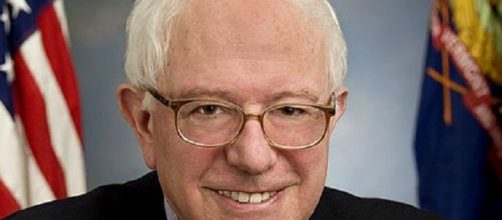As Hot Air reports, a recent Quinnipiac Poll suggests that 51 percent of Americans support a single-payer, government-run Health Care System, the so-called “Medicaid for all” system that is being advanced by people like Sen. Bernie Sanders (I-Vermont). However, there is less to the poll than meets the eye. We may be seeing a phenomenon that pollsters call “question bias.” Also, the vast majority of Republicans oppose such a system.
How the question is worded often results in different poll results
The question is worded: “Do you think that removing the current health care system and replacing it with a single-payer system, in which the federal government would expand Medicare to cover the medical expenses of every American citizen, is a good idea or a bad idea?” On the face of it, the proposal seems to be very attractive.
The current health care system, imposed under the Obamacare law, is an aggravation and is, in any case, in a death spiral. The casual observer, who doesn’t follow public policy issues, would likely find that the proposed system is desirable. However, a crucial piece of information has been left out of the question: how much such a health care system would cost.
The question of cost
Single-payer has actually been tried in recent years, in Sanders’ home state of Vermont and in California. The efforts collapsed when the cost of the new system was determined. In California, imposing single-payer would have cost an extra $400 billion a year. The entire current state budget for California is just $200 billion a year.
The Speaker of the state Assembly removed the bill from the calendar.
Moreover, last year, the Health Policy Center estimated that a national, single-payer health care system would cost $32 trillion over ten years. Financing such a system through additional taxes would be impossible in the political and physical universe that we now occupy. One suspects that a question that mentions cost would garner vastly different results.
Why do Republicans oppose?
The question arises: Why do Republicans oppose single-payer, Medicaid for all by the lopsided numbers of 69 percent to 29 percent. Democrats, and Independents support government health care. The Democrats favor the system by the same lopsided numbers as Republicans oppose it.
One possible explanation is that Republican voters are more engaged in the issue than other Americans. The imposition of Obamacare helped to bring about the rise of the Tea Party movement that grew into an opposition to President Obama when he was in office. Participants in the Tea Party were overwhelmingly Republican and helped to elect GOP majorities in the House and the Senate with the goal of getting rid of Obamacare. The people who voted Republican are not likely to support a system that requires more, not less government interference in health care.
Why single-payer will never happen in America
Besides cost, the issue of people’s control over whether they live or die is bound to what kind of health care system exists.
As the Charlie Gard drama demonstrates, government health care means that the government can condemn people to death at their leisure. A system that costs more and causes real death panels ought to not see the light of day in the United States.


